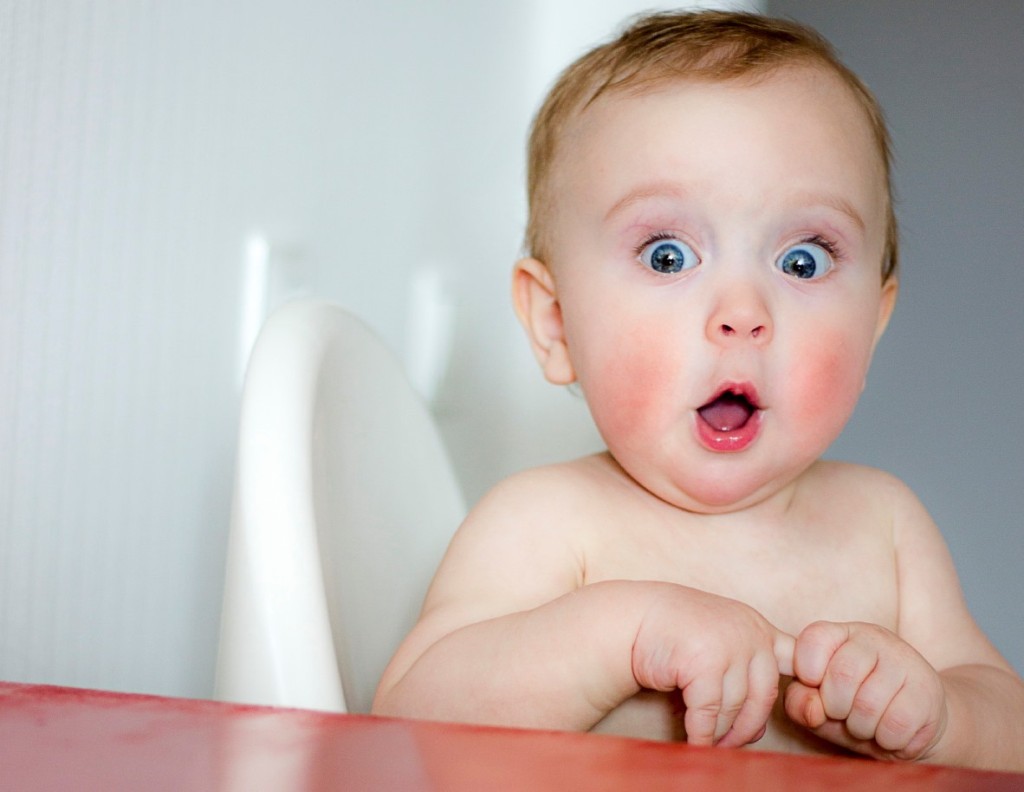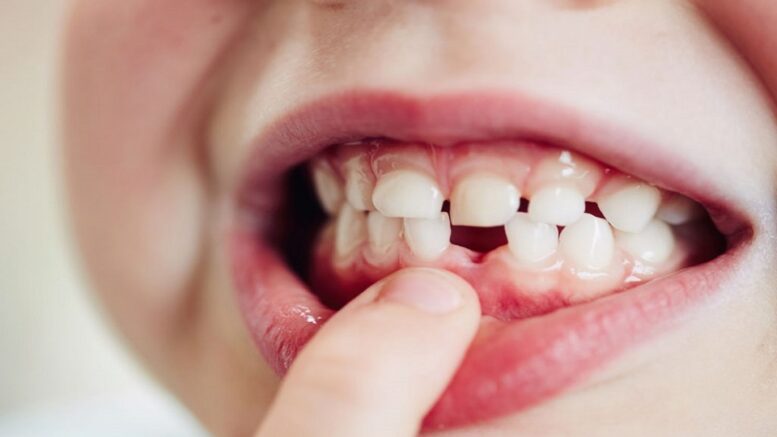Most people mistakenly believe baby teeth are not crucial to a child’s future health because they shed. Babies already have their primary teeth in their jaws at birth which typically begin to emerge between six-twelve months of age. Most babies have a complete set of 20 teeth by the time they are three years old.
Milk teeth are essential for your child’s health, growth and development. Initially, teething can cause sore and painful gums, but primary teeth play a crucial role as your child grows. It is important to find a suitable professional to assess your child’s teeth, like this Pediatric Dentist in clifton.
Importance of baby teeth
Here are some of the reasons why baby teeth are vital to their overall health:
Tooth alignment and position
The primary function of baby teeth is to hold space for the adult teeth. Thus, they support proper alignment and positioning of adult teeth for straighter smiles and jaw development.
Untreated dental problems such as decay and breaks can lead to premature shedding. Dental issues can also cause spacing and alignment problems for the remaining baby teeth and emerging permanent teeth.
If a baby tooth falls out prematurely, we recommend visiting a dentist for space-maintaining devices.
Overall health and nutrition
Baby teeth help the child develop proper chewing, from weaning to eating complete solid foods. Having dental pain and decaying primary teeth increases the risk of nutrition deficiencies and low weight as the child cannot correctly chew their food. Over time, this can lead to delayed milestones like walking and crawling.
Also, bacteria from untreated cavities can spread to other body parts such as the heart, lungs, and brain, which causes other severe infections.

Speech production and development
The tongue, lips, and cheeks deflect off of teeth to form sounds. The correct positioning of teeth helps with correct pronunciation during speech production. Primary teeth that are out of place or missing can cause stammering or pronunciation problems.
Healthy permanent teeth
Poor oral hygiene in infants causes childhood periodontal disease. The bacteria erode the gums, leading to premature shedding and cause spacing and positioning problems of the emerging permanent teeth. Also, untreated cavities can hinder proper tooth development and damage the adult tooth underneath.
Self-esteem
Healthy primary teeth promote self-confidence in young children. However, young kids can notice crooked smiles, bad breath, and discoloured teeth, which can lead to bullying and affect the child’s self-esteem. Toothaches and bad breath can also interfere with the child’s social interaction and concentration in school.
Oral health practices for children
The Australian Dental Association encourages parents to schedule an infant oral checkup with a pediatric dentist in under six months after the first tooth emerges. They also recommend adult-guided oral care from infancy up to the age of 10 years.
Wipe your baby’s gum before and during teething with a soft, moistened cloth twice a day. This will reduce bacteria buildup in the mouth and promote healthy baby teeth. Once the baby teeth are well-developed at about 2-4 years, you can graduate to cleaning the teeth with a soft-bristled toothbrush and low-fluoride toothpaste. Limit sugary foods in children and encourage a balanced diet.
In conclusion, baby teeth play a significant role in a child’s physical, emotional, mental, and social development. Keeping the baby teeth healthy helps them stay on track as they learn and grow. Besides checking for cavities, our team at Dentist Bentleigh East will show you how to care for your child’s teeth properly.
